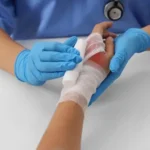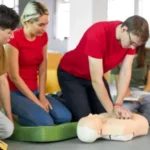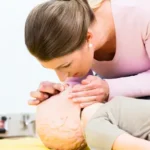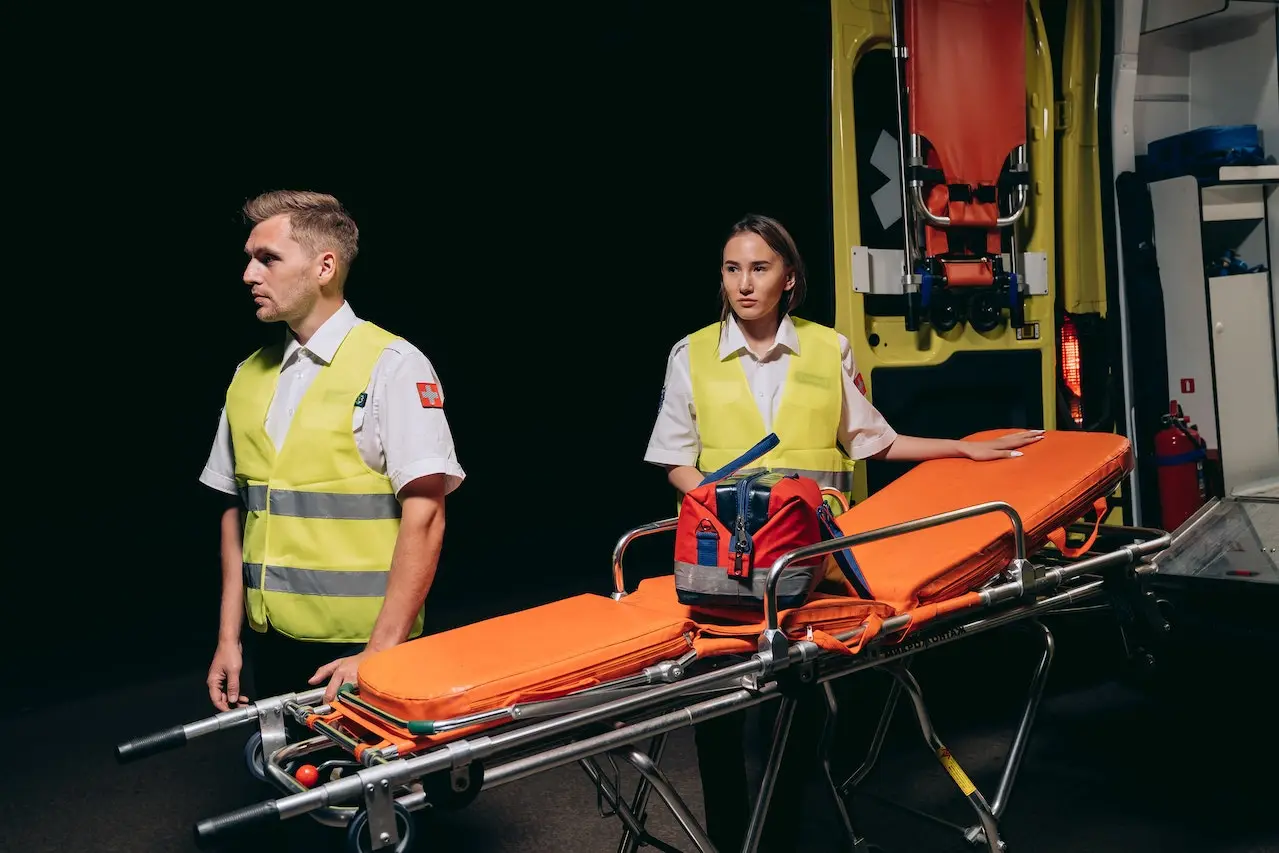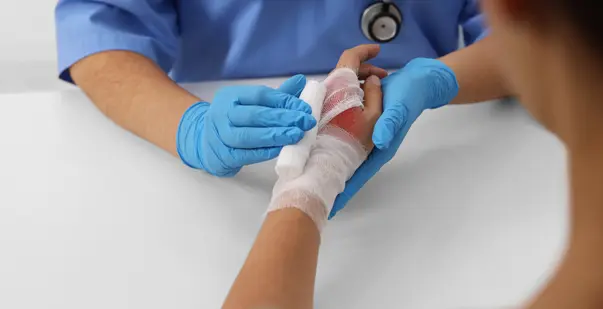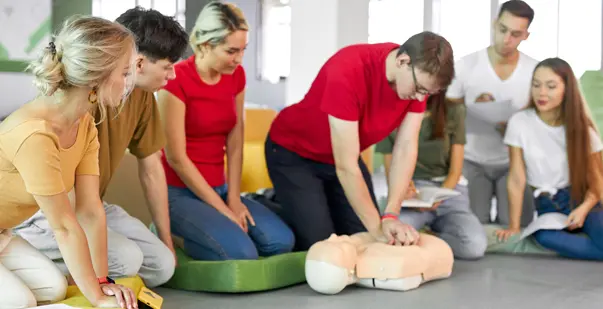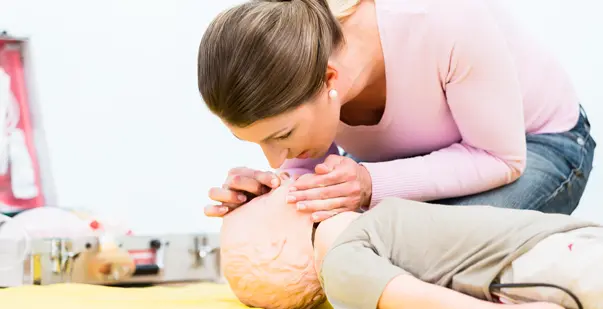Time is a highly critical factor in emergencies. Sometimes, a few moments of delay can cause irreparable damage or death. Emergency response teams recognize this importance and strive to act quickly. It is up to everyone else to be aware of their environment and recognize the signs of an emergency. You can do this effectively by taking life-saving and first-aid courses. The knowledge will help you act swiftly and appropriately.
Common medical emergencies that occur outside of the hospital in the US
While most people try to stay healthy and exercise, it does not guarantee a medical emergency. People would prefer falling sick at the hospital, but that is not always possible. Some troubles that can occur outside a hospital include:
- Cardiac Arrest: The heart suddenly stops pumping blood throughout the body.
- Stroke: It occurs when the blood supply to the brain gets interrupted and can result in permanent brain damage.
- Heat Stroke: It occurs when a person experiences extreme heat. They overheat, leading to dizziness, confusion, and possible organ damage.
- Seizures: An abnormal electrical discharge in the brain causes physical symptoms such as jerking movements and loss of consciousness.
- Choking: Occurs when a person has difficulty breathing due to an obstruction in the airway.
- Allergic Reactions: Occurs on exposure to a foreign substance, and the immune system overreacts. It could lead to swelling, itching, and difficulty breathing.
- Asthma Attack: It occurs when the airways become inflamed and narrow, leading to difficulty breathing and wheezing.
- Diabetic Emergency: A person’s blood sugar is either too low or too high, leading to confusion and disorientation.
- Head Injuries: Occurs when the head hits a hard object, leading to a concussion or more severe injury.
- Broken Bones: Occurs when a bone is fractured and can be extremely painful.
Steps to handle medical emergencies like sudden cardiac arrest
To handle medical emergencies, you will need knowledge of first aid. You will need a CPR certification and AED certification in combination to assist in a cardiac arrest. Only a certified first aider should try and help; else, it could lead to complications. The below steps are the best way to help a person in such a critical situation.
- Check The Victim’s Pulse: Check the pulse of the collapsed person. If you cannot feel a pulse, the victim is in cardiac arrest. Also, check for signs of breathing by placing two fingers in front of their nostrils.
- Call 911: Call 911 or your local emergency services number immediately to get help.
- Start Chest Compressions: Begin chest compressions by placing one hand on top of the other hand in the middle of the victim’s chest. Push down and release with a steady rhythm of 30 compressions.
- Administer Rescue Breaths: Open the victim’s airway. Next, pinch their nose closed and give two rescue breaths.
- Chest Compressions: Chest compressions for about two minutes or until help arrives.
- Use An AED: If an automated external defibrillator (AED) is available, read and follow the instructions.
- Monitor the victim’s Heart Rate: Once the AED is on, it will monitor it and provide instructions. Follow the instructions and continue to provide chest compressions if needed.
- Administer Medications: Administer medication according to the instructions on the bottle.
- Monitor The Victim’s Vital Signs: Check the victim’s breathing, pulse, and other vital signs.
- Stay With The Victim: Remain with the victim until help arrives. Make sure to provide comfort and monitor the vital signs.
How can I train to prepare myself in an emergency?
People who wish to help others work hard to learn the right skills. It would help if you had the right frame of mind to help someone in a medical emergency. Most people shy away from critical situations as they cannot handle blood or injury. To equip yourself with courage, you need to follow the below steps:
- Learn basic first aid techniques such as CPR and the Heimlich maneuver.
- Familiarize yourself with the locations of the nearest hospitals and urgent care centers.
- Ensure you have a well-stocked first aid kit and know how to use it.
- Take a first aid or emergency medical technician (EMT) course.
- Learn the latest medical treatments and procedures.
- Make sure you have a list of all your medications and allergies.
- Maintain an emergency contact list for your family and friends.
Through the knowledge gained from the above, you can also save lives. Most people come out of these courses with more confidence and a shining personality.
Conclusion
No one wants to face a challenging situation in life. But things sometimes go differently than planned. It is common for a medical emergency to arise outside a hospital, and you must stay prepared with knowledge and confidence to deal with the situation. The American HealthCare Academy brings you comprehensive courses on this subject. Log onto our website and explore the options for a safe future.




